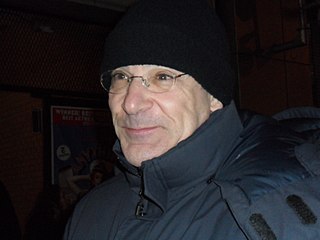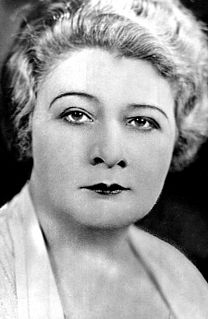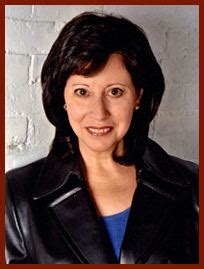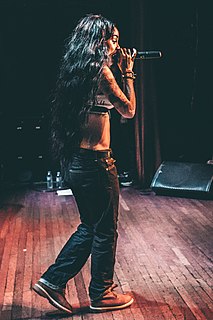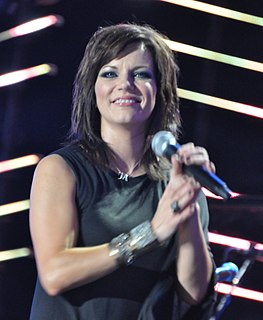A Quote by Mandy Patinkin
Related Quotes
Even though I loved the song [My Yiddish Momme] and it was a sensational hit every time I sang it, I was always careful to use it only when I knew the majority of the house would understand Yiddish. However, you didn't have to be a Jew to be moved by 'My Yiddish Momme.' 'Mother' in any language means the same thing.
I didn't even have that many close LGBT friends or anything like that, but I suppose it was growing up and becoming aware of how you are in a cultural landscape that is blatantly homophobic... you turn around and say, 'Why did I grow up in a homophobic place? Why did I grow up in a misogynistic place?'
You start singing by singing what you hear. So everyone, when they first start singing, they naturally are singing like whatever they're hearing, because that's the only way you learned how to sing. So when I was growing up on Lauryn Hill, when I started singing her songs, I literally trained my voice to be able to do runs.
